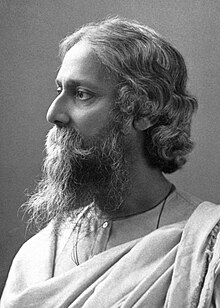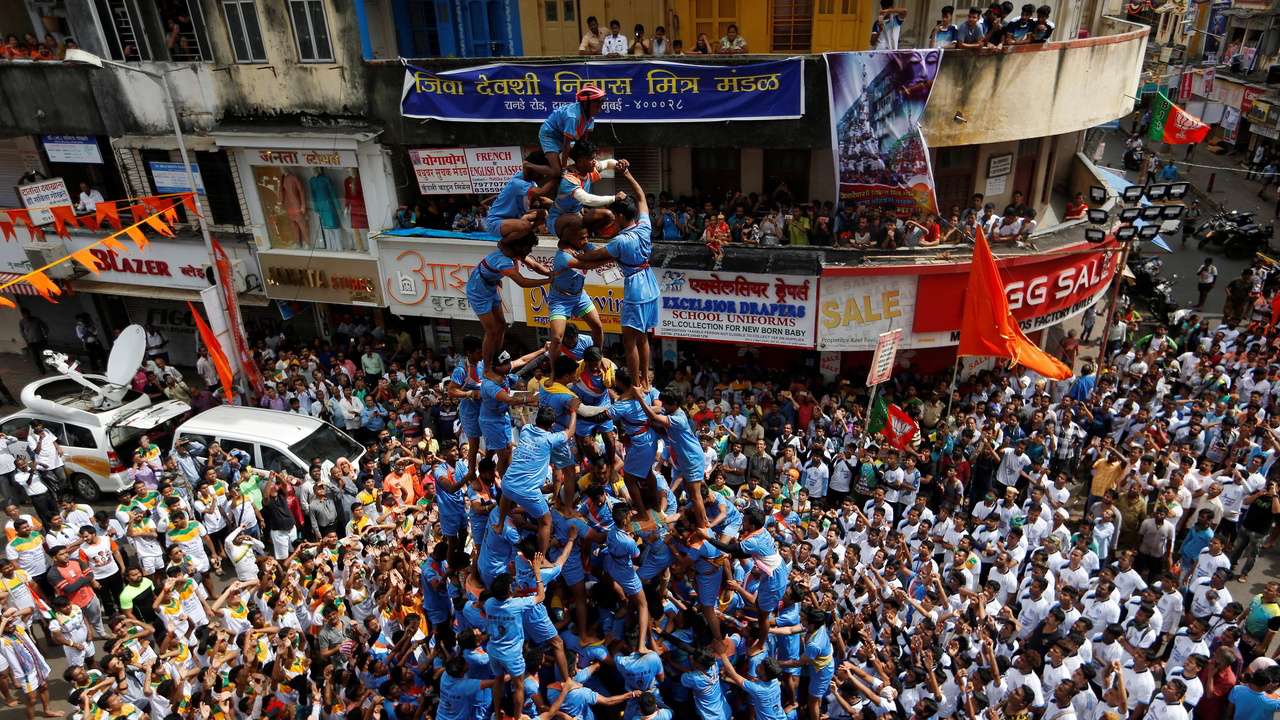
I don’t know any format—except this one, Scarriet, now in its tenth year—which attempts to bring together every kind of poet in one place.
There are four kinds of poets who never touch each other and exist in separate universes: the formalist poet, the colloquial poet, the professional, and the amateur. Poets of radically different styles insult one another, stylistically, that is—the novelist is more like the poet than different kinds of poets from each other. I can no longer go to a library or a bookstore and seek “poetry” without entering a shooting zone of competing forms and sentiments.
The colloquial now dominates the professional; the beautiful and well-made book cover of the contemporary poet hides more f-bombs than rhymes.
The professional, with their prizes and book deals, wants nothing to do with the amateur—who posts their accessible love poems online. The gulf is such, that a person “who hates poetry” will sooner read, and even like, the amateur’s efforts, before the well-connected professional will deign to glimpse what, in their opinion, is trash (or perhaps to their jealous consternation, good) given away too easily.
One delightful thing I’ve noticed: how a few selected words from a poet’s work can explain the entirety of the kind of poet they are; as much as this is true, it validates this list, and makes it more than just an exercise in which a formalist amateur like myself attempts to ram together, in a feverish fit of schadenfreude, things which do not belong.
These poets do belong together—or, rather, they do not.
Yet here they are.
Thomas Graves, Salem, MA 12/4/2019
*******
1) Laura Foley “to look back and see, on the hilltop, our life, lit from inside.”
2) Luke Kennard “I take the murderer for coffee.”
3) Ilya Kaminsky “What is a child? A quiet between two bombardments.”
4) Kathleen Jamie “Walking in a waking dream I watched nineteen deer pour from ridge to glen-floor”
5) Linda Ashok “the moon licked up the landscape with her fervent tongue”
6) Fiona Benson “How light I was. How doubtfully safe.”
7) Ben Mazer “Some must be publishers, and some must be spot on, in a horse drawn carriage, taking in the dawn”
8) Sushmita Gupta “She gave a last look at her solitary car, in her garage, with seats folded down so paintings could lay, the slope that rolled down the hill that ended in a roundabout, with palms and coloured grass that looked like hay.”
9) Stephen Cole “You still disturb the meadow with your words.”
10) Julia Alvarez “I’ve broken up with my true love man after man”
11) Brian Rihlmann “nail guns pop pop pop I heard stilettos on concrete the lady of old Reno wandering”
12) Patricia Smith “Who shot you, baby?”
13) Joie Bose “I see you in all the faces I see, crisscrossing the pavements aimlessly.”
14) Indah Widiastuti “Who is the poem I wrote? He speaks a language I never use; read by those I never know.”
15) Kevin Young “We curl down the slide one at a time, blue light at the end.”
16) Joy Harjo “I walked out of a hotel room just off Times Square at dawn to find the sun.”
17) Jill McDonough “I am not interested in makeup. I am interested in jail.”
18) Chelsey Minnis “People in their nightgowns, smoking cigarettes, they give great speeches.”
19) Nabina Das “It’s in love that we wait & let all other loves wither & waste.”
20) Eliana Vanessa “impediment of roses: and this is not the sort of thing you can control, no, how our bodies trembled, post-love, nor the way I will keep falling, to explain it, just so.”
21) Adeeba Shahid Talukder “Splinter the sun, wake all its ashes.”
22) Dorianne Laux “Broken the days into nights, the night sky into stars”
23) Sharon Olds “I caught bees, by the wings, and held them”
24) Alicia Ostriker “there are no pauses in this game”
25) Tishani Doshi “to fall into that same oblivion with nothing. As if it were nothing.”
26) Vidyan Ravinthiran “this isn’t the right kind of snow.”
27) Glyn Maxwell “he goes his way delighted”
28) Anne Carson “During the sermon, I crossed my legs.”
29) Peter Gizzi “I guess these trailers lined up in the lot off the highway will do.”
30) Li-Young Lee “From blossoms comes this brown paper bag of peaches”
31) Blake Campbell “And he entered, great spelunker, the resonant and ancient darkness”
32) Diana Khoi Nguyen “You cannot keep your brother alive.”
33) Marilyn Chin “I watched the world shrink into a penlight: how frail the court poet’s neck, how small this poetry world.”
34) Fanny Howe “We are always halfway there when we are here”
35) Babitha Marina Justin “It is rolling from roof to roof”
36) Meera Nair “You set us up against each other. Men against Women. We are all bovine.”
37) Anthony Anaxagorou “is that your hand still on my elbow?”
38) Tracy K. Smith “We wish to act. We may yet.”
39) Wendy Videlock “He watches ball. She throws a fit. She cannot stand to see him sit.”
40) Daipayan Nair “Autumn leaf! Nothing to keep—apart from beauty.”
41) Mary Angela Douglas “and let the tiny silver trumpets blow”
42) Carolyn Forché “What you have heard is true.”
43) Martin Espada “No one could hear him.”
44) Tina Chang “love is crowding the street and needs only air and it lives, over there, in the distance burning.”
45) Danez Smith “I have left earth.”
46) Ocean Vuong “this is how we loved: a knife on the tongue turning into a tongue.”
47) Eleanor Wilner “the blood that is pouring like a tide, on other shores.”
48) Marge Piercy “a woman is not made of flesh: she is manufactured like a sports sedan”
49) Yusef Komunyakka “My muse is holding me prisoner.”
50) Naomi Shihab Nye “Each day I miss Japanese precision.”
51) Terrance Hayes “I love how your blackness leaves them in the dark.”
52) Carl Dennis “Lending a hand, I’d tell him, is always dignified, while being a hero is incidental.”
53) Jeet Thayil “Some are sweet and old, others are foul-mouthed and bold. Mine is dead and cold.”
54) Victoria Chang “Her last words were in English. She asked for a Sprite.”
55) Kushal Poddar “ferns, orchids, hyacinths sprawl like insomniac veins.”
56) Karen Solie “We itch and prosper heavenward on bands of grit and smoke”
57) Richard Blanco “Stare until the trembling leaves are tongues”
58) Paul Muldoon “putting its shoulder to the wheel it means to reinvent.”
59) Safiya Sinclair “Isn’t this love? To walk hand in hand toward the humid dark”
60) Frank Bidart “Fucked up, you know you’d never fall for someone not fucked up.”
61) Nick Flynn “My therapist points out that fifteen minutes of movie violence releases as many opiates into the body as if being prepped for major surgery.”
62) Jennifer Moss “all beauty turned hostile”
63) Fatimah Asghar “your lantern long ahead & I follow I follow”
64) Hannah Sullivan “All summer the Park smelled of cloves and it was dying.”
65) Jamal May “The counting that says, I am this far. I am this close.”
66) William Logan “Don’t be any form’s bitch.”
67) Juan Felipe Herrera “No food. No food no food no food no food!”
68) Hera Lindsay Bird “it was probably love that great dark blue sex hope that keeps coming true”
69) Ae Hee Lee “She asks your husband to step in.”
70) Jay Bernard “I file it under fire, corpus, body, house.”
71) Sophie Collins “pails full of oil all dark and density and difficult for a girl to carry”
72) Hollie McNish “I let myself go cycling slow as I unbutton my clothes jacket unzipped helmet unclipped”
73) Zaffar Kunial “I didn’t know the word for what I was.”
74) Paul Farley “he fell up the dark stairwell to bed and projected right through to Australia”
75) Deryn Rees-Jones “The movie I’m in is black and white.”
76) Roger Robinson “he picks you up in the hand not holding the book”
77) Lloyd Schwartz “or if not the girl, then Vermeer’s painting of her”
78) Nalini Priyadarshni “but I love tea and so do you.”
79) Raquel Balboni “Come off as harsh even if I’m friendly”
80) Robert Pinsky “When I had no temple I made my voice my temple.”
81) Emily Lawson “I step out to meet the wanderer: its black-veined hindwings”
82) Bruce Weigl “Why do we murder ourselves and then try to live forever.”
83) Steph Burt “I want to go home, paint my nails until they iridesce, clamp on my headphones, and pray to Taylor Swift.”
84) Merryn Juliette “There is no ceremony to her—she was simply there when yesterday she was not”
85) Thomas Sayers Ellis “It’s entrancement, how they govern you. The entertainment is side effect.”
86) Amy Gerstler “Here on earth, another rough era is birthed.”
87) Rupi Kaur “i change what i am wearing five times before i see you”
88) Forrest Gander “What closes and then luminous? What opens and then dark?”
89) Justin Phillip Reed “when you fuck me and i don’t like it, is that violence.”
90) Franny Choi “i pick up the accent of whoever i’m speaking to. nobody wants to fuck a sponge.”
91) Emily Skaja “when night came, an egg-moon slid over the steeple.”
92) Mary Ruefle “Night falls and the empty intimacy of the whole world fills my heart to frothing.”
93) Aaron Smith “If a man is given dick, he’s never full.”
94) Donald Revell “Time might be anything, even the least portion of shadow in the blaze, that helpless Hare of darkness in the hawk’s world.”
95) Dan Sociu “people have infinite capacity for transformation, into anything, and I know that I myself can transform”
96) Ben Zarov “There are many, many wrong ways.”
97) Adil Jussawalla “Twenty years on, its feet broken, will its hands fly to its face when a light’s switched on?”
98) Steven Cramer “no matter how we plead they won’t come down.”
99) George Bilgere “My father would take off his jacket and tie after work and fire up the back yard grill. Scotch and a lawn chair was his idea of nature. Even Thoreau only lasted a couple of years.”
100) Ravi Shankar “I watch, repose, alone.”







